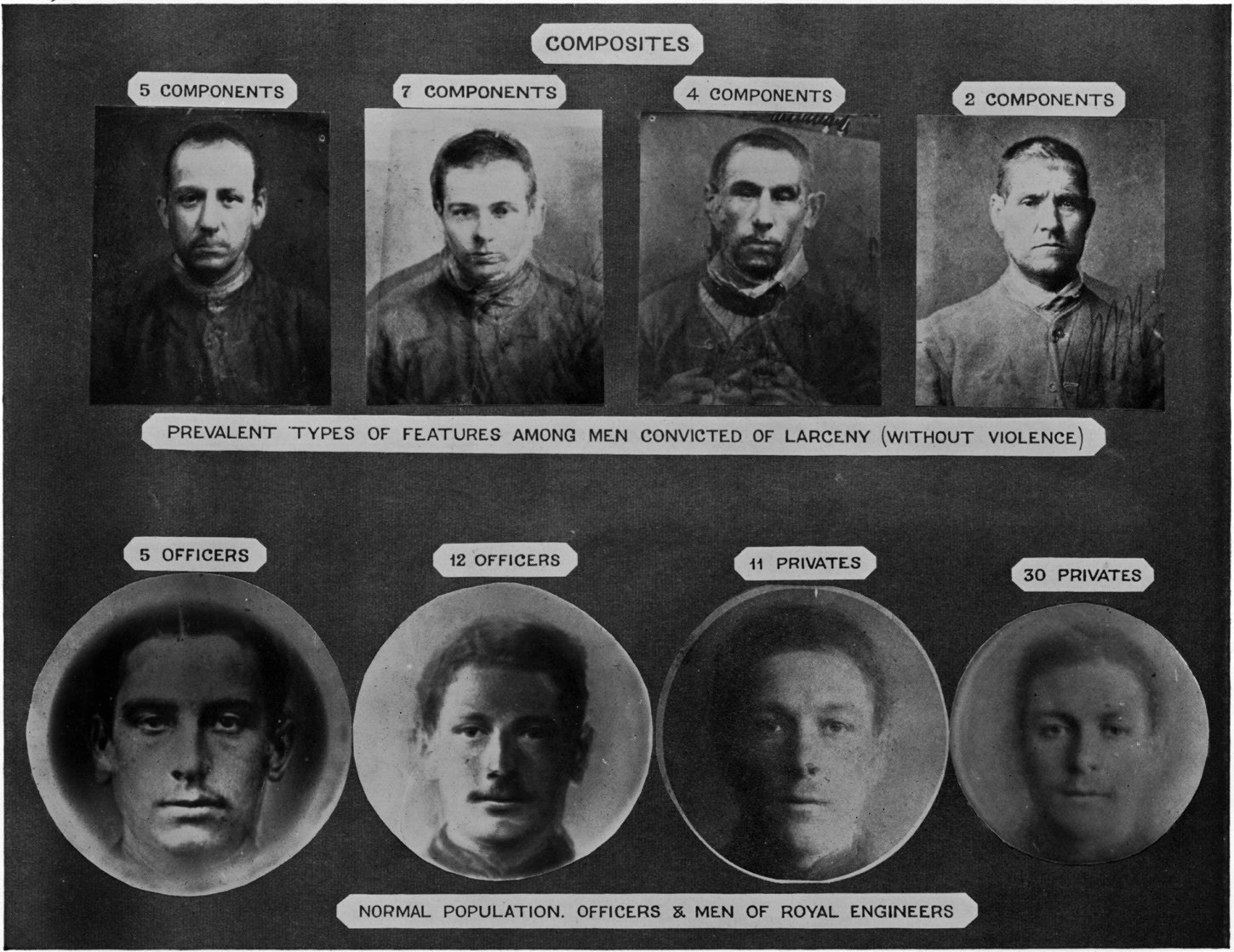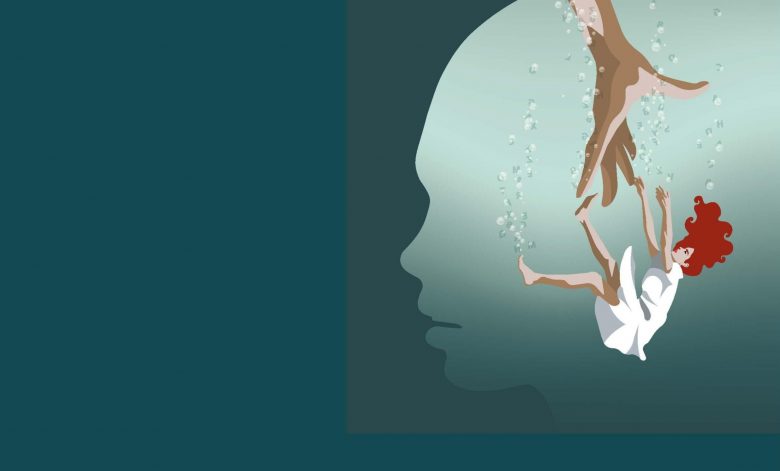
As a psychology student, you’re bound to come across the nature–nurture debate sooner or later. The nature–nurture debate is all about what causes something to develop. The nature side, or nativist side, sees development as coming from innate factors — that is, from our genetic inheritance. The nurture side, also known as the empiricist side, sees development as happening because of experience and learning. Psychology textbooks tend to present nature–nurture debates as academic disputes. Is perception innate or learned? Are people innately aggressive, or does aggression come from frustration or modelling? Is schizophrenia genetic or environmental in origin? Is intelligence inherited or learned?
The answer to all of these questions, of course, is yes. Nowadays, we see development as resulting from all of these factors, and the interactions between them. These debates have a long history, though, and the historical (at times even hysterical) search for easy answers meant that in the past, scientists tended to come down hard on one side or another.
Your organisation does not have access to this article.
Sign up today to give your students the edge they need to achieve their best grades with subject expertise
Subscribe



